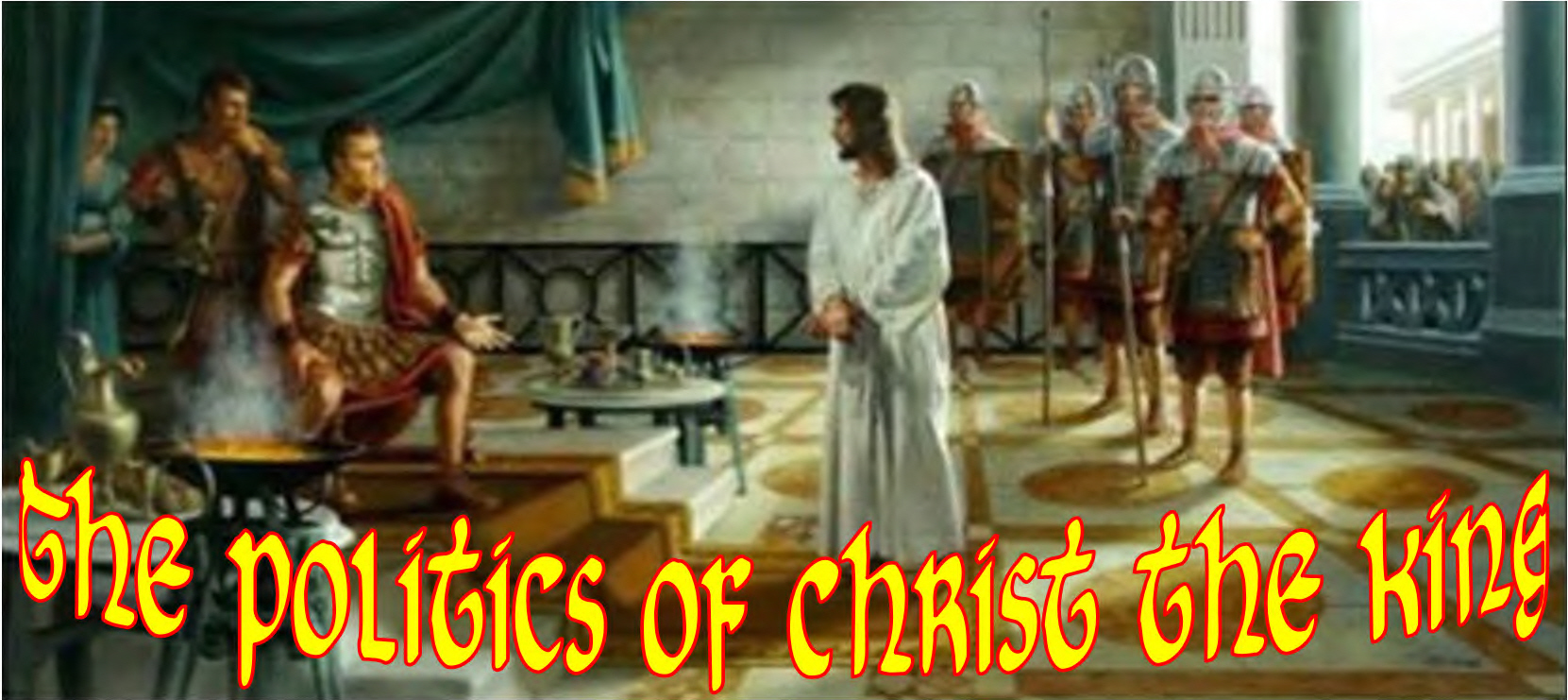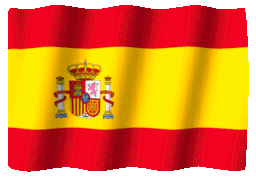The feast of Christ the King is a liturgical celebration of the Roman Catholic Church that takes place on the last Sunday of November. The Gospel text that concerns this feast is the one that describes the appearance before Pilate of Jesus accused of proclaiming himself king and of being in the Temple "agitating" the people and preventing the activities of the merchants. To Pilate's question: "Are you a king?", Jesus replied: My kingdom is not of this world... ...I am a king, for this I was born and for this I came into the world...
Generally, although this reading is performed ritually in the celebration, the official clergy passes over it as if over a flame; The doctrine that these people give in the homily digresses on matters that have nothing to do with this call of Jesus to establish in the world a kingdom different from those of this world. Some explicitly say that the kingdom of Christ cannot be related to political formulas. Which means removing it from this world and preventing its realization. If Jesus calls his followers to work for this kingdom, he urges us to realize it and make it concrete in the world, and this is inevitably a political action, like the one that the prophets did and were persecuted for it, like the one that he himself carried out by expelling the merchants and was condemned for it.
But church doctrine digresses by saying things like: the kingdom of our Lord must be founded on the desire for holiness, on the humble disposition to receive grace...
aŭ that: 














